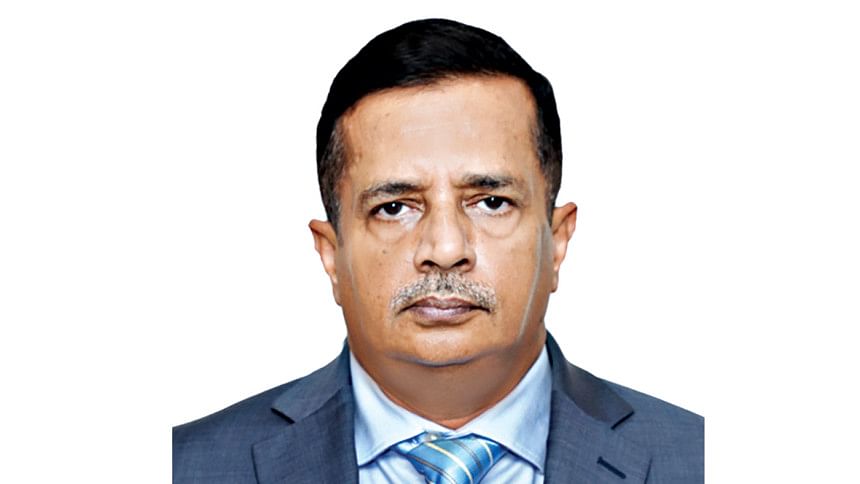Customer-centric solutions for seamless digital transactions

The Daily Star (TDS): How is Bangladesh progressing in its transition to a cashless economy?
Ahsan Zaman Chowdhury (AZC): Bangladesh is making substantial strides towards a cashless economy, driven by a powerful combination of factors. The explosive growth of Mobile Financial Services (MFS) like bKash and Nagad, evidenced by over 220 million registered users, has revolutionised financial transactions, especially in underserved areas. This growth is further propelled by the penetration of smartphones and internet access across Bangladesh. Crucially, fintech companies, including e-commerce platforms like Daraz, food delivery services like foodpanda, and ride-sharing services like Uber and Pathao, are playing a catalytic role. These platforms are not only facilitating digital payments but also fundamentally shifting consumer behaviour and boosting digital penetration across the nation. This confluence of MFS expansion, infrastructure development, and fintech innovation is leading to a tangible shift in consumer lifestyles towards a cashless economy.
TDS: What innovative steps has your bank taken to accelerate the shift towards a cashless economy, and how have they impacted customers?
AZC: Trust Bank (TBL) is driving Bangladesh's cashless transition through digital innovation. By focusing on customer-centric apps and solutions, TBL enhances service and streamlines transactions. Its robust internet banking and Trust Money app offer secure, real-time access to fund transfers, bill payments, and merchant transactions, significantly improving convenience. A new switching system with a dedicated integration layer enables self-service apps, QR code transactions, and virtual cards. TAP (Trust and Pay), the mobile financial service owned by Trust Bank, promotes financial inclusion by bringing unbanked people into the digital payments ecosystem.
To further promote digital adoption, TBL is implementing AI-based chatbot solutions, smart banking kiosks, workflow automation, and digital archiving, creating a digital data library for advanced analytics. These initiatives aim to create a more efficient and accessible banking experience, pushing the boundaries of cashless transactions.
TDS: What policy changes or government initiatives do you believe are crucial for making digital transactions more secure, inclusive, and widely adopted?
AZC: To accelerate the transition to a cashless economy, Bangladesh requires targeted policy changes and government initiatives. Strengthening cybersecurity is paramount, with the implementation of a comprehensive Data Protection Act and mandatory two-factor authentication to ensure security. Simplifying financial onboarding through convenient digital processes will significantly increase accessibility. Crucial infrastructural improvements, such as CIB API integration, tax return APIs, and a centralised database for rapid digital credit scoring, are vital for fostering trust and efficiency. Moreover, favourable regulations for advanced authentication methods and a robust national cybersecurity policy will further drive Bangladesh towards a secure, inclusive, and fully digital economy.

 For all latest news, follow The Daily Star's Google News channel.
For all latest news, follow The Daily Star's Google News channel. 



Comments